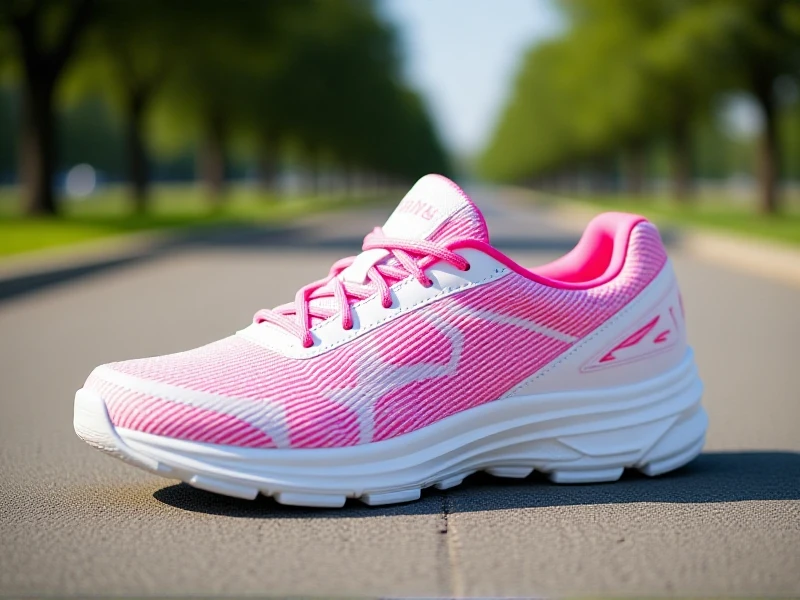
Your Guide to Finding the Perfect Pair of Women's Running Shoes
Stepping out the door for a run starts with one crucial element: the right shoes on your feet. Finding the ideal pair of women's running shoes isn't just about style (though that helps!); it's about comfort, performance, support, and injury prevention. With so many options available, how do you navigate the choices?
First, understand your unique needs and running style. Consider:
- Support & Stability: Do you overpronate (your foot rolls inward excessively)? Neutral runners might prefer a flexible, cushioned ride, while overpronators often benefit from stability or motion control shoes with firmer medial posts. Brands like Brooks (Ghost, Adrenaline GTS) and ASICS (Gel-Kayano, GT-2000) offer excellent options across this spectrum.
- Cushioning Level: Cushioning absorbs impact. Some runners crave maximum plush cloud-like comfort (e.g., HOKA Bondi), while others prefer a firmer, more responsive feel for speed (e.g., Saucony Kinvara). Moderately cushioned shoes like the Nike Pegasus are popular versatile choices.
- Foot Shape & Fit: Women's feet often differ from men's – typically narrower in the heel and wider in the forefoot. Women's running shoes are specifically designed with these biomechanics in mind. Always ensure ample toe room (about a thumbnail's width) to prevent blisters and black toenails. Look for models offering various widths.
- Where You Run: Road, trail, or track? Rugged trails demand aggressive outsoles, ankle support, and rock plates (e.g., Salomon Speedcross). Dedicated road shoes focus on cushioning and smooth transitions (e.g., New Balance 880). Consider shoe weight too – lighter for speed, heavier often for durability.
- Purpose & Distance: Training for a marathon? Prioritize cushioning and support. Speed workouts? Seek lightweight and responsive models. Recovery runs? Go for maximum comfort.
Investing time in finding your perfect fit pays dividends. Visit a specialty running store for a gait analysis – their expertise is invaluable. Remember to replace your women's running shoes every 300-500 miles, as worn-out midsole cushioning loses its protective ability, increasing injury risk.
Prioritize comfort over trends. Trust brands with proven running heritage like Brooks, ASICS, Saucony, HOKA, New Balance, and Nike. Don’t hesitate to try multiple pairs and test them properly. The best women's running shoes will feel supportive, comfortable from the first stride, and will effortlessly support you mile after mile. Ready to find your perfect match?